
Sarah Hashish
Undergraduate Student
Political Science and Sociology
University of Toronto Mississauga
Sarah Hashish is a fifth-year student double majoring in Political Science and Criminology at the University of Toronto Mississauga campus. Over the past years as an undergraduate student, Sarah has been apart of various student committees focused on Mental Health Research and Support, including the UTMSU’s Mental Health Action Committee and the Peer Support Program. Now, Sarah is focusing her research on how the recent COVID-19 Pandemic has impacted social and political movements in Mental Healthcare.
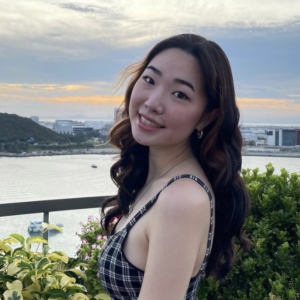
Jueun Kang
Undergraduate Student
Information and UX/UI Design
Faculty of Information
University of Toronto (St. George)
Jueun Kang is a third-year student who transitioned from Psychology to the Faculty of Information at the University of Toronto. Her personal experiences with mental health became a life-pivotal moment in studying diverse research conversations and exploring various mental illnesses in youth in particular. Jueun is currently a Peer Mentor at Accessibility Services, and aims to help students navigate disability-related barriers in their academic success at U of T. Through her studies, Jueun hopes to create meaningful user experiences to further expand accessibility in everyday technologies and products.
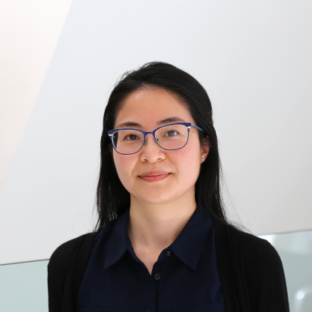
Carrie Lau
Master’s Student
Social Work
Factor-Inwentash Faculty of Social Work
University of Toronto (St. George)
Carrie Lau is a Master of Social Work student at the Factor-Inwentash Faculty of Social Work. She comes from a prior career in public accounting, and is currently involved in research on youth and young adult mental health and on digital health. She is passionate about supporting mental health through both research and practice.

Felix Lau, BSc (Honours)
Master’s Student
Social and Behavioural Health Sciences (Health Promotion)
Dalla Lana School of Public Health
University of Toronto (St. George)
Felix is a second-year MPH Social and Behavioural Health Sciences (Health Promotion) student at the Dalla Lana School of Public Health, with Collaborative Specializations in Global Health & Public Health Policy. He is interested in population health programs and policies that target social determinants to improve resilience, well-being, and reduce health inequalities for equity-seeking students. Felix is passionate about promoting a community of care, having served as the Mental Health Policy Advisor at Grad Minds since 2021, the GradLife Student Advisory Committee (2021-22), and worked on multidisciplinary teams as a researcher at the Reach Alliance.
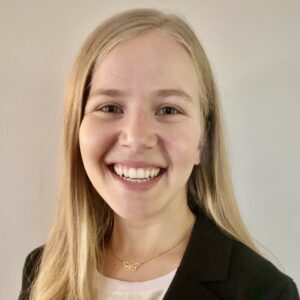
Orly Lipsitz, BScH
Master’s Student
Clinical and Counselling Psychology (Field: Clinical Psychology)
Department of Psychological Clinical Science
University of Toronto Scarborough
Orly Lipsitz is a master’s student in the Clinical Psychology program at the University of Toronto Scarborough. Before beginning her master’s degree, Orly conducted research on novel interventions for treatment-resistant depression. Orly’s current research focuses on the relationship between neurocognition and psychopathology symptom dimensions, with a specific interest in how neurocognition impacts everyday functioning. Orly serves as a Global Student Working Group Member on the Global Research Network for Student Mental Health Connaught Global Challenge Award.
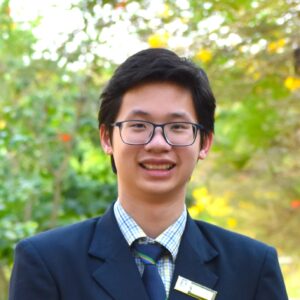
Sapolnach Prompiengchai
Undergraduate Student
Neuroscience Specialist (Cognitive Stream) and Applied Statistics
Department of Psychology
University of Toronto Scarborough
Sapolnach Prompiengchai is a third-year undergraduate student studying neuroscience at the University of Toronto Scarborough. He has prior research experience in over five research laboratories specializing in wide-ranging disciplines such as clinical neuroscience and psychology, cognitive neuroscience, educational psychology, and pedagogy. His research has been funded by the NSERC-UTEA and UTSC Budding Scholars Award, and four of his research have been awarded the UofT Libraries Undergraduate Research Prize and UTSC Undergraduate Research Prize. As an aspiring physician-scientist, he hopes to translate his holistic perspective on mental healthcare into revolutionizing mental health research that would impact at micro, meso, and macro-levels.
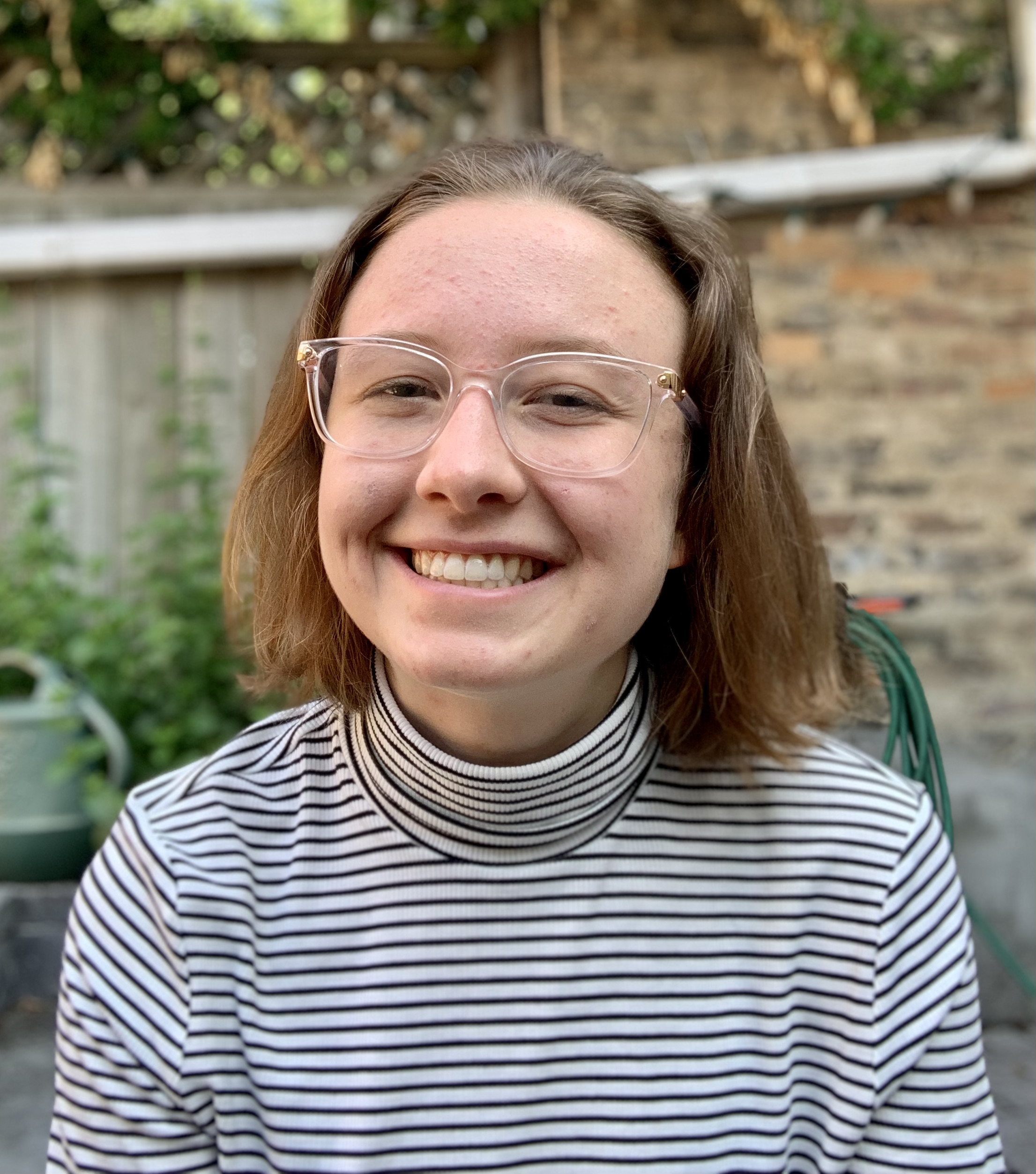
Joanna Roy
Undergraduate Student
Engineering Science, Electrical & Computer Engineering option
Faculty of Applied Science and Engineering
University of Toronto (St. George)
Joanna Roy is an undergraduate student studying Engineering Science in the Electrical and Computer Engineering option at the University of Toronto. She is currently serving as the Mental Wellness Project Director for the Engineering Society, leading initiatives focused on increasing awareness and effectiveness of mental health resources available to UofT Engineering students. Joanna hopes to offer her leadership skills and engineering mindset to better understand student mental health, and to explore its intersections with technology and engineering.
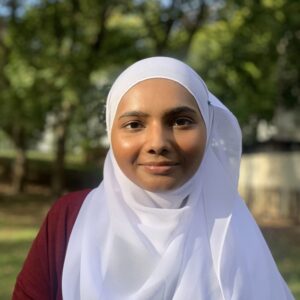
Hajar Seiyad
Undergraduate Student
Mental Health Studies & Political Science
University of Toronto Scarborough
Hajar Seiyad is a fifth-year undergraduate student at the University of Toronto Scarborough where she is completing a double major in Mental Health Studies and Political Science. Hajar is an avid researcher involved with multiple research initiatives through Women’s College Hospital, Reach Alliance, Youth Wellness Lab, and UBC. She is a former member of the University of Toronto’s Sustainable Development Goals (SDG) Student Advisory Council. Much of her work centers around meaningful youth engagement and is rooted in SDG #3 and #10.

Ruiqiu (Rachel) Shen
Undergraduate Student
Psychology
Department of Psychology
University of Toronto Mississauga
Ruiqiu Shen is a fourth-year undergraduate in the Department of Psychology at the University of Toronto Mississauga (UTM). Her passion for mental health and human psychosocial development has been growing over the past few years. Ruiqiu is currently running a mental-health-related student group for Chinese international students at UTM and participating in a research project on a pediatric ADHD training program at Shanghai Mental Health Centre. Hopefully, Ruiqiu could research more on the overall students’ and international students’ mental health demands and help promote mental health awareness on campus.
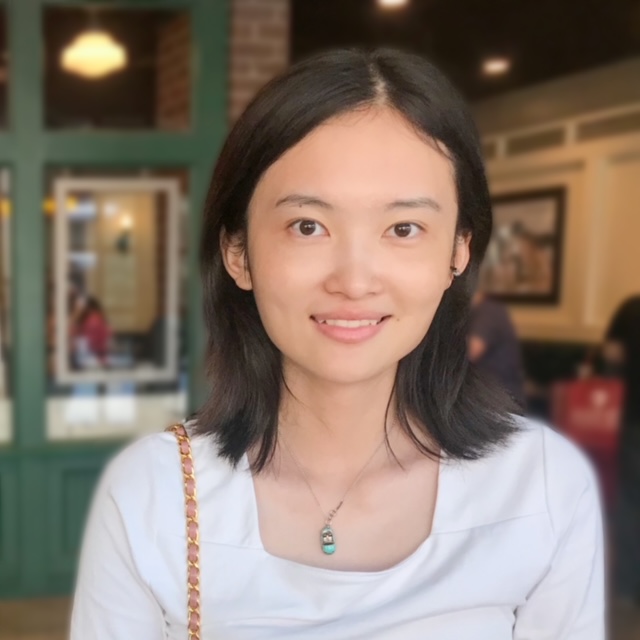
Yiyi Wang, MS
Doctoral Student
Psychology
Department of Psychology
University of Toronto Mississauga
Yiyi Wang is a third-year PhD student in the Department of Psychology at the University of Toronto Mississauga campus. Before coming to the University of Toronto, Yiyi completed her master’s in Applied Behavior Analysis, where she became a Board-Certified Behavior Analyst for people diagnosed with autism. Now, her research mainly focuses on designing web-based mental health interventions to support post-secondary students’ wellbeing and coping abilities. Over the past year, Yiyi has begun developing her programming skills to better deliver mental health programs to broader populations.
Interested in student engagement at Inlight? Contact Emma McCann, Inlight Engagement Lead, at emma.mccann@utoronto.ca for more information.
Inlight is an Institutional Strategic Initiative of the University of Toronto committed to improving student mental health and wellness outcomes by investing in high-quality, impactful research and driving scalable research innovations.

